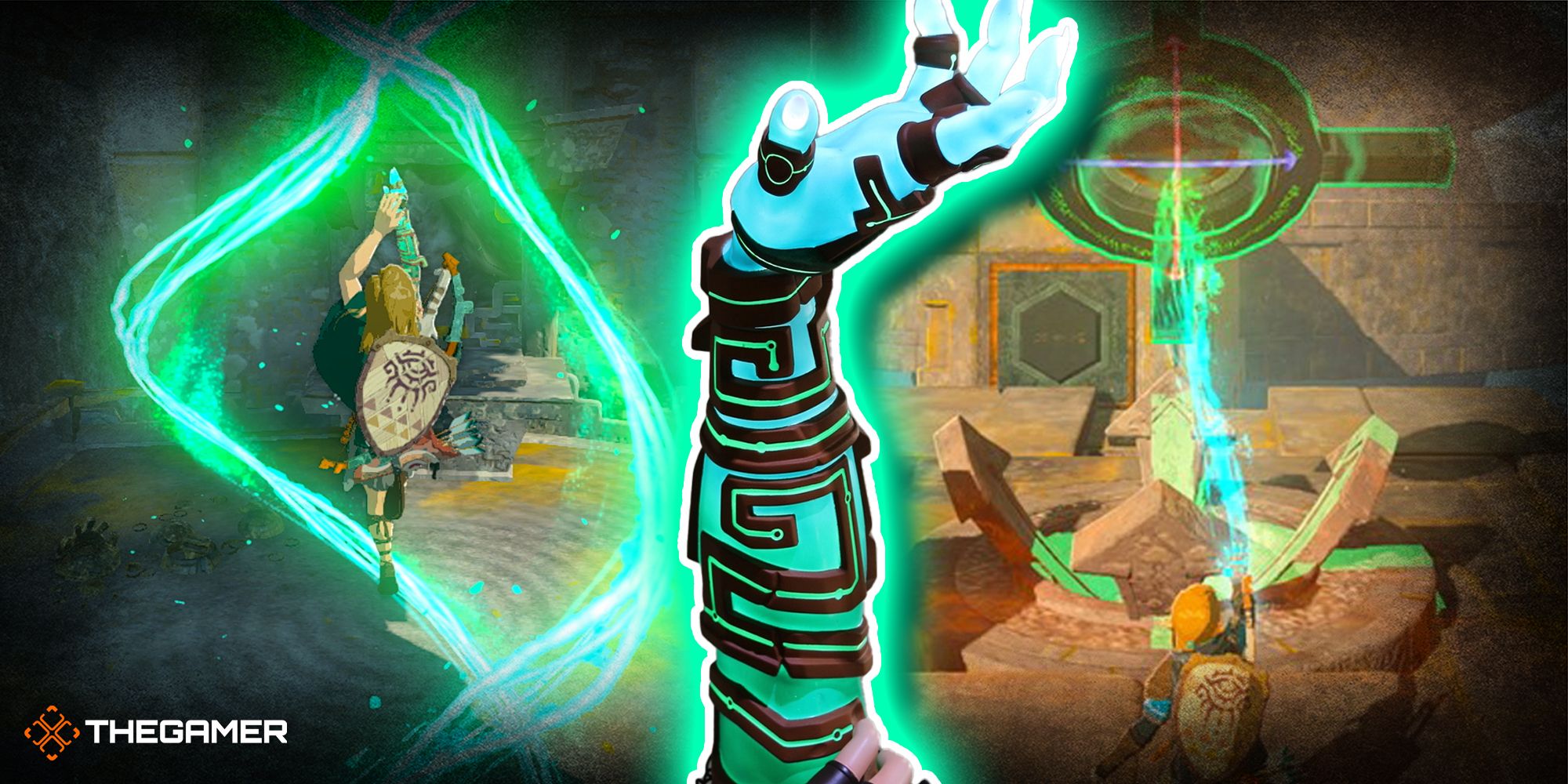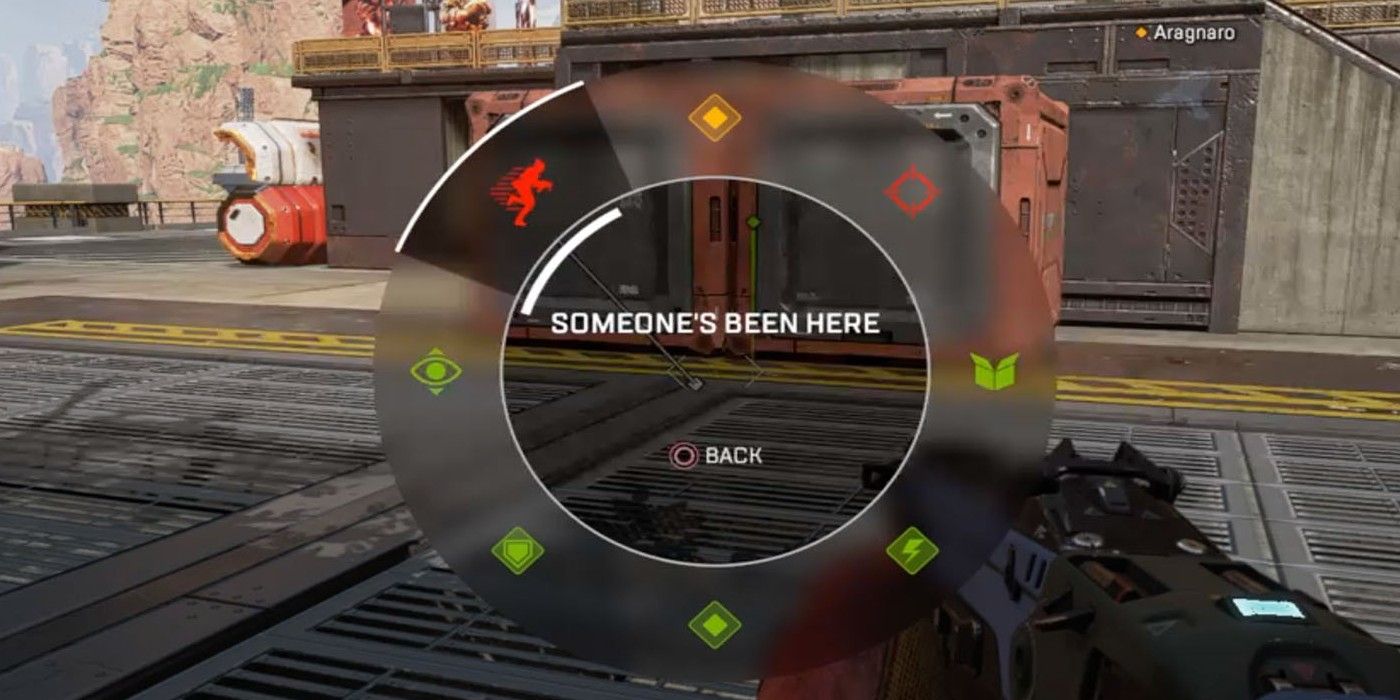This week, reports got out that Nintendo has filed 32 gameplay-related patents since mid-July, and 31 of them are related to The Legend of Zelda: Tears of the Kingdom. The company is attempting to patent mechanics both big — like Ultrahand and Fuse — and small — like hanging onto ledges and riding on floating platforms.
This isn’t the first time patents have been filed to protect game mechanics. Warner Brothers famously patented Middle-Earth: Shadow of Mordor’s Nemesis system, which caused enemy NPCs you had encountered before to remember you and comment upon whether you won or lost in your previous battle, learn from their defeats to counter your strategies, and level up independently of your character in fights with other bosses. That mechanic was the most universally praised aspect of that game back in 2014, but, outside of the game’s sequel Shadow of War, it has never really been explored since. Assassin’s Creed Origin, Odyssey, and Valhalla play with a similar but smaller scale idea, having bounty hunters stalk your character, but Ubisoft seems to have kept it distinct enough that the games were able to avoid a lawsuit. Other studios have steered clear entirely so we’ve never seen a cool indie game that took the Nemesis system and ran with it. That’s a shame because that's often how gaming’s most exciting innovations occur.
In recent years, other developers have quietly filed patents, too. Bloober Team patented the single-player splitscreen "dual-reality" gameplay in The Medium. EA patented Apex Legends' ping system. Whether Nintendo or WB or Bloober or EA would actually sue other game developers for making games with similar mechanics remains to be seen. It’s also beside the point. Nintendo has proven itself litigious in other ways, so this kind of thing can and will create a chilling effect for other developers. It's blatantly anti-art and antithetical to how video games have been developed since the medium's earliest days.
We don’t need to go all the way back; the ‘90s will do. id Software’s Doom wasn’t the first FPS ever released (or even the first released by id) but it was the spark that lit the fuse, setting off an explosion of first-person shooters in the ‘90s and beyond. For much of the first decade of their life, first-person shooters were referred to as “Doom clones.” Everyone knew who had inspired the movement and it eventually led to Nintendo releasing its own Doom clone, Metroid Prime, in 2001. That game wouldn't have been possible without the games id developed in its heyday.
But, if id had instead decided to patent moving through a 3D environment while mowing down enemies from a first-person perspective, the games industry would look entirely different. Valve wouldn’t have made Half-Life, Activision wouldn't have made Call of Duty, Respawn wouldn’t have made Titanfall 2, Blizzard wouldn’t have made Overwatch. Epic wouldn’t have had the initial success with Unreal that made it the studio that built Fortnite later on. Bungie wouldn't have made Halo or jumpstarted the games-as-a-service trend with Destiny. We wouldn’t have many of the last three decade's defining games.
Art shouldn’t be patented. Fear is the enemy of creativity. It’s the reason that I’ve always opposed lawsuits like the one Ed Sheeran faced earlier this year for superficial similarities between his "Thinking Out Loud" and Marvin Gaye's "Let's Get It On." It isn’t theft for songs to sound kinda similar. That’s what a genre is, that’s how movements form: artists making art that have some similarities, but with key differences where their humanity shines through. By patenting mechanics, Nintendo is attempting to draw restrictive lines around the art that other people can create. The games industry can't survive if it becomes illegal to do the very things that allow it to move forward.


